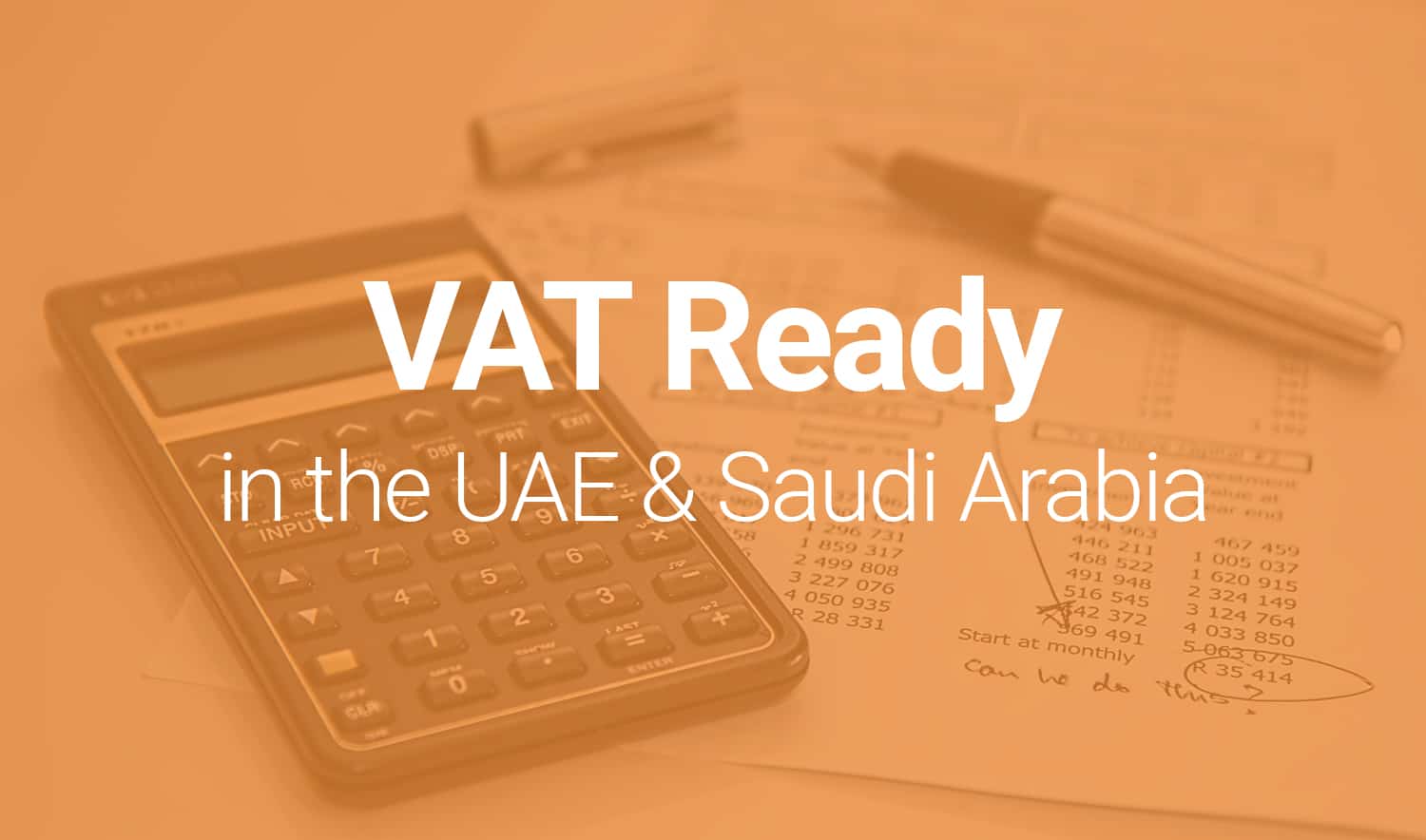KSA Guide: What are Deductions under VAT?

One of the major highlights of VAT is that, it tries to eliminate the cascading effect of taxes i.e the tax on tax. The significance of this is that the effect of tax is felt only on the value of goods or service provided and not on any other tax. VAT tries to eliminate this cascading effect of tax phenomenon by giving credit to earlier paid tax in the supply chain. This can be understood as the wholesaler claims credit of tax paid to the manufacturer and so on until it reaches the ultimate consumer.
Input tax deduction in Saudi Arabia:
Input tax means the VAT paid on goods or services purchased from registered suppliers. A taxable business can deduct input VAT from its output VAT, which is the tax collected on sale of goods or services by way of the following:
- Taxable supplies: All those goods and services that are not specifically mentioned as exempt from VAT are eligible for input tax deduction under VAT. Taxable supplies include zero-rated goods and services, for which businesses will account for a deduction of the 0% VAT they paid on those purchases.
- Internal supplies: Internal supplies refer to the VAT paid on imports from other GCC countries, which is eligible for tax deduction. However, if the supplier is from a GCC country that has not implemented the VAT, the import will be treated as supply/ from outside the GCC.
- Taxable imports from outside the GCC: The tax paid on taxable imports from outside the GCC is eligible for deduction when used to supply zero rated or standard rated goods or services.
Input VAT utilization period:
Where a business follows the accrual method accounting, Input VAT can be deducted in the tax period when the supply is invoiced. In case the business uses cash method of accounting, then the input VAT can only be deducted in the tax period when the invoice is actually paid.
Deductions of Input tax on capital assets in Saudi Arabia:
Where the assets are bought after the registration and the full amount is paid up-front, the full amount of input tax can be deducted immediately subject to the condition that the intended use of the capital asset is nil rated or standard rated. Where the price is paid in installments, VAT is accounted for as and when the payment is made. Where capital assets have already been bought before registration and tax paid on it, the input tax paid can be deducted only after registration.
Transactions not eligible for deduction:
Four categories of purchases for which businesses are not permitted to deduct input Tax are:
- Sports, entertainment, or cultural services.
- Catering services done in hotels, restaurants and similar venues
- Tax paid on “restricted motor vehicles” or related services. Restricted motor vehicles means vehicles that are not exclusively for company purposes or those which are intended for resale
- Any other goods or services that are used for private or other non-business reasons.
Proportional Deduction:
Registered businesses that sell a mix of taxable and exempt supplies follow the concept of a proportional deduction i.e the businesses deduct an amount that is only proportional to its taxable sales. For e.g, manufacturer makes 40% taxable supplies and 60% exempt supplies; he can claim deduction only for the value amounting to 40% of the input tax paid by him. The ratio of taxable to exempt supplies is calculated on the supplies made during the previous calendar year. However, in the current year if the business sells more exempt supplies than in the previous year, he will have to use an adjustment at the end of the year to compensate GAZT for the amount that has been deducted in excess.
For more information on this topic, please visit our Blogs Section or Contact Us
For enquiries, E-mail: info@aviaanaccounting.com
Related Articles:
What Is The VAT Impact On Trading Sector In Saudi Arabia
What Is The VAT Impact On Non-Profit Organizations In Saudi Arabia?
Top VAT Services Firm in Riyadh, Dammam, Jeddah, KSA
What Is The VAT Impact On The Telecommunications Sector In Saudi Arabia?
Tax Representative, VAT Fiscal Representative KSA
What Is The VAT Impact On The Services Sector In Saudi Arabia?
